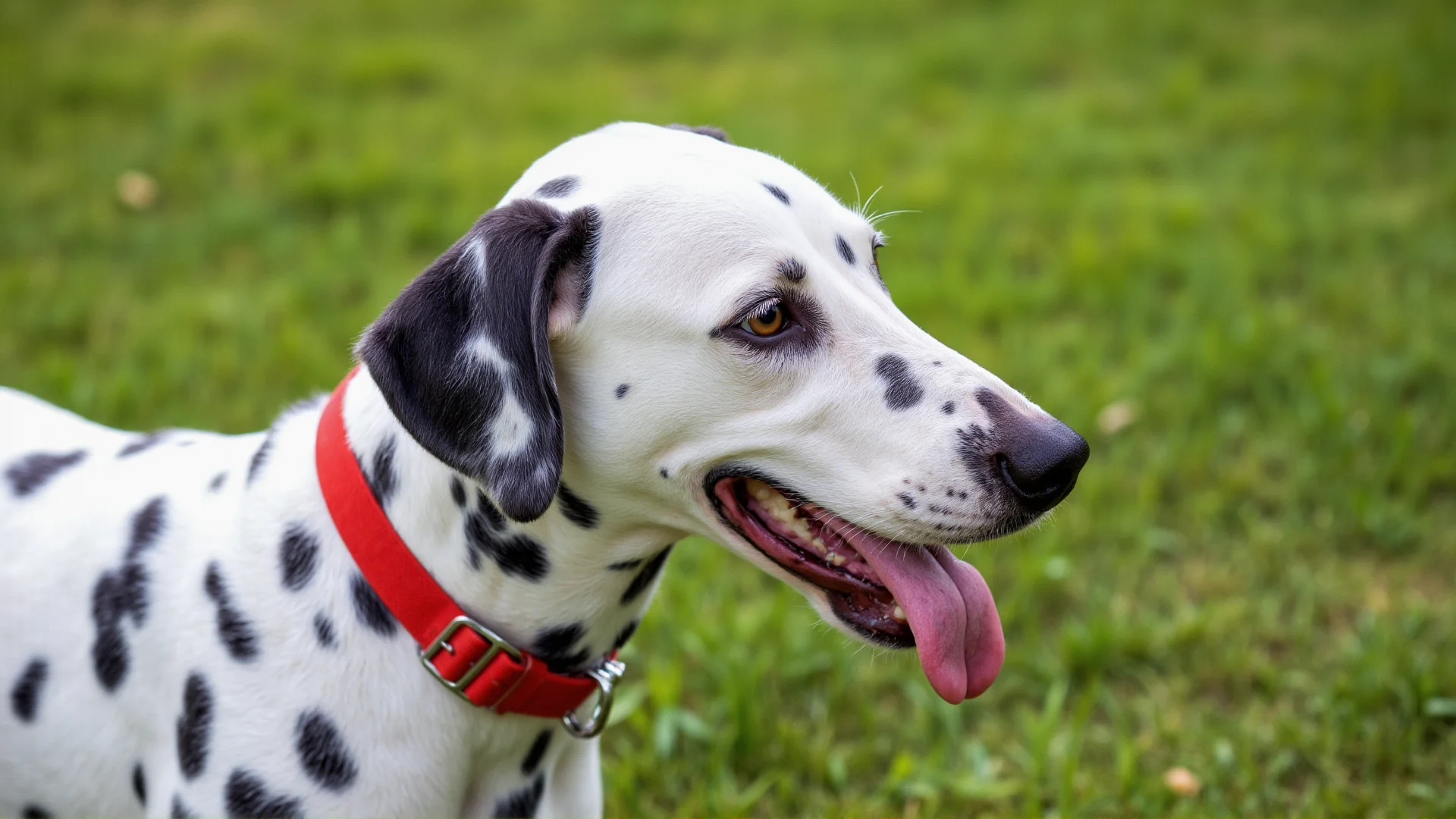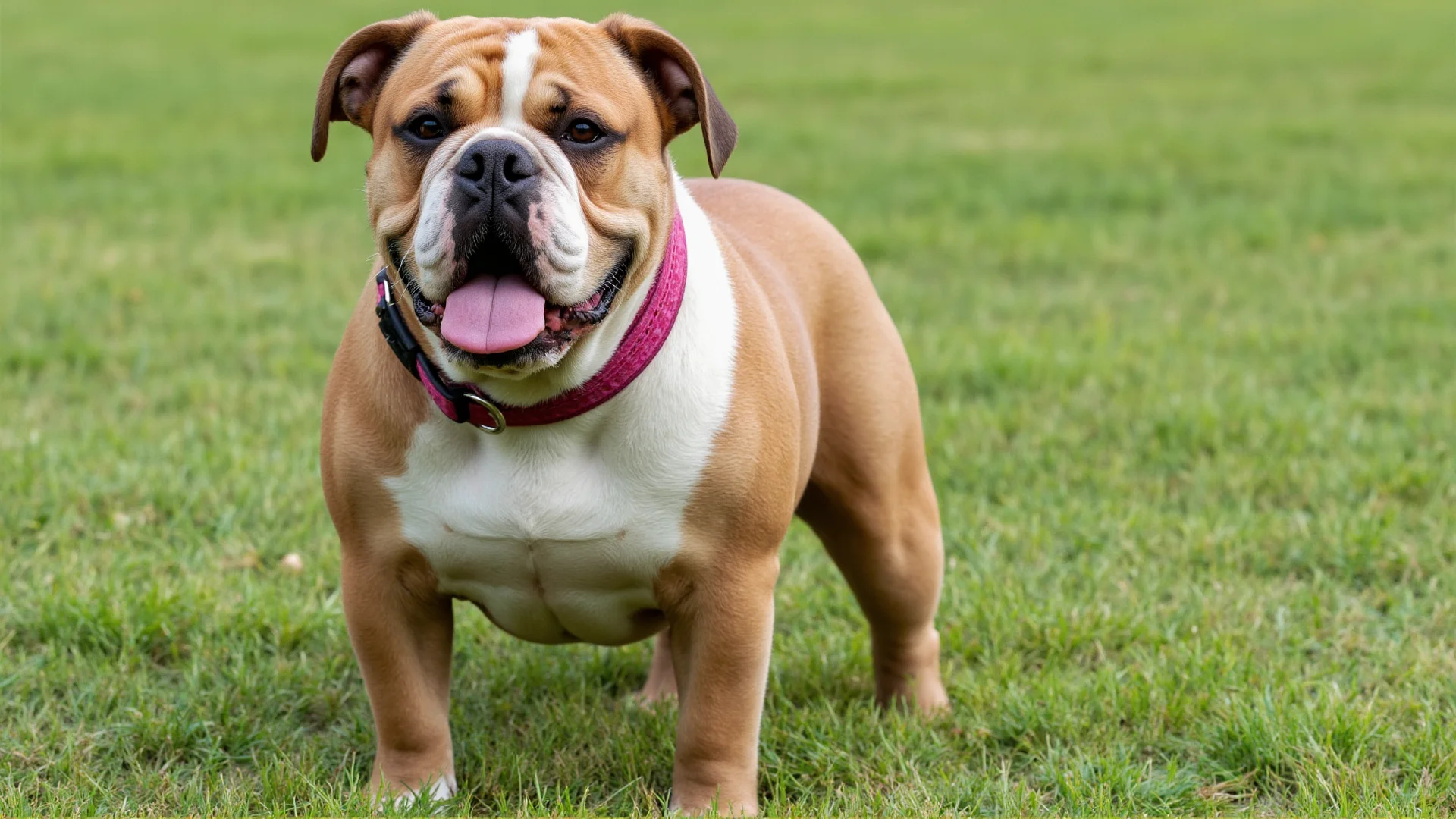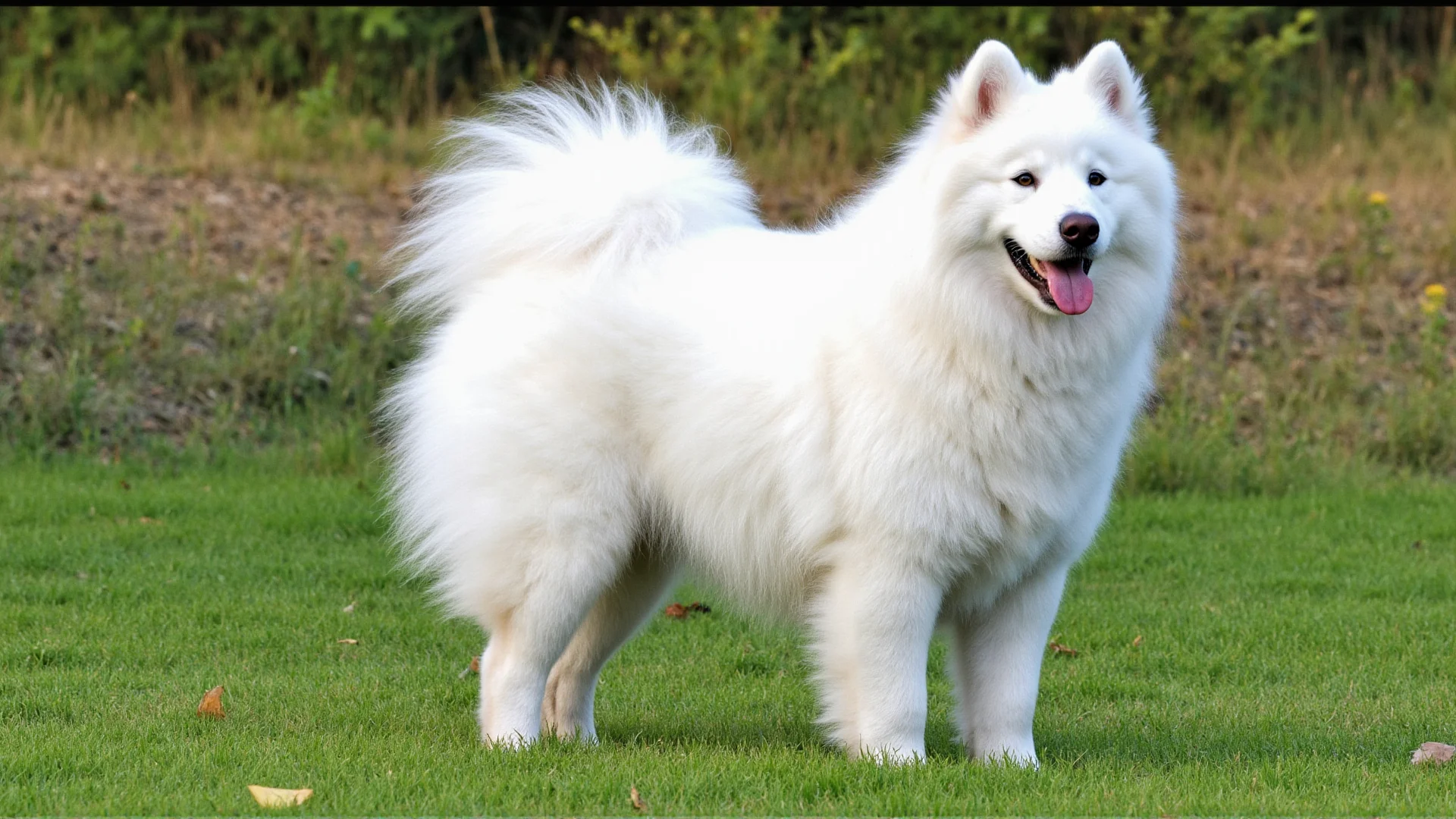Why Dalmatians Make Perfect Family Companions: A Complete Guide for Parents
With their distinctive spotted coats and energetic personalities, Dalmatians have captured hearts worldwide. But beyond their striking appearance lies a breed with exceptional family qualities that make them wonderful companions for households with children.
The Dalmatian Personality: Built for Family Life
Dalmatians possess a unique combination of traits that make them exceptional family dogs. Their natural loyalty and protective instincts mean they'll quickly become devoted guardians of your children, while their playful nature ensures they'll be enthusiastic participants in family activities.
These dogs are known for their gentle disposition with children. Unlike some breeds that may be too rough or unpredictable around little ones, Dalmatians seem to instinctively understand how to interact appropriately with kids of all ages. They're patient enough to tolerate a toddler's clumsy affection yet energetic enough to keep up with active teenagers.
Intelligence and Trainability
One of the most appealing aspects of Dalmatians for families is their high intelligence. These dogs are quick learners who respond well to consistent, positive training methods. This intelligence makes them excellent at understanding household rules and boundaries, which is crucial when living with children.
Exercise Needs: Perfect for Active Families
If your family loves outdoor activities, a Dalmatian will fit right in. Originally bred as carriage dogs, these athletic canines have incredible endurance and energy levels. They require substantial daily exercise – typically 1-2 hours of vigorous activity.
Family Exercise Activities
- Morning jogs: Dalmatians make excellent running companions for older children and adults
- Hiking adventures: Their stamina makes them perfect hiking partners for family outdoor excursions
- Backyard games: They excel at fetch, frisbee, and other active yard games
- Swimming: Many Dalmatians love water activities, making them great pool or beach companions
This high exercise requirement actually benefits families by encouraging everyone to be more active. Children learn responsibility while helping meet their dog's exercise needs, and parents often find themselves in better shape from daily walks and play sessions.
Safety and Children: What Parents Need to Know
Dalmatians are generally excellent with children, but like all dogs, they benefit from proper socialization and training. Their size – typically 45-70 pounds – makes them sturdy enough to handle children's play without being so large as to accidentally knock over small kids.
Teaching Children Dog Etiquette
Success with any family dog involves teaching children proper interaction:
- Respect the dog's space when eating or sleeping
- Use gentle petting motions rather than grabbing or pulling
- Understand the dog's body language and warning signs
- Never tease or deliberately provoke the dog
Dalmatians typically give clear signals when they need space, making them easier for children to read than some other breeds.
Health Considerations for Family Planning
When choosing a family dog, long-term health is crucial. Dalmatians are generally healthy dogs with a lifespan of 11-13 years, but they do have some breed-specific considerations that families should understand.
Common Health Issues
- Urinary stones: Dalmatians have unique urinary systems that can predispose them to stone formation
- Deafness: About 10-12% of Dalmatians are born deaf in one or both ears
- Hip dysplasia: Like many medium to large breeds, they can develop hip problems
The good news is that most of these issues are manageable with proper veterinary care and responsible breeding practices. When choosing a Dalmatian puppy, work with reputable breeders who health test their breeding stock.
Training Your Family Dalmatian
Dalmatians respond exceptionally well to positive, family-based training approaches. Their intelligence means they quickly learn household rules, but they also need mental stimulation to prevent boredom-related behaviors.
Essential Training Tips
Start early: Begin training and socialization as soon as you bring your Dalmatian home, whether they're a puppy or adult rescue.
Involve the whole family: Have all family members participate in training to ensure the dog respects everyone equally.
Use positive reinforcement: Dalmatians are sensitive dogs who respond best to reward-based training methods.
Provide mental challenges: Puzzle toys, training sessions, and new experiences keep their intelligent minds engaged.
Creating the Perfect Dalmatian Family Environment
Dalmatians thrive in active households where they're included as true family members. They don't do well when left alone for long periods and much prefer being involved in daily family activities.
Ideal Living Situations
- Homes with securely fenced yards for safe exercise
- Families who enjoy outdoor activities and adventures
- Households where someone is home frequently
- Active families with children who can help with exercise needs
While Dalmatians can adapt to apartment living, they're much happier with space to run and play. Their exercise needs make them better suited to homes with yards, though this isn't absolutely necessary if the family is committed to providing adequate daily exercise.
The Dalmatian Advantage: Building Character in Children
Beyond being wonderful companions, Dalmatians help children develop important life skills. Their exercise needs teach kids about commitment and responsibility, while their intelligent, sensitive nature helps children learn empathy and emotional intelligence.
Many families find that caring for a Dalmatian brings them closer together, as everyone must contribute to meeting the dog's needs. Children learn that pets aren't just fun companions but living beings with real needs and emotions.




